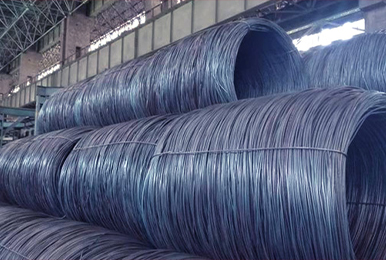Jul . 26, 2024 15:00 Back to list
High-Quality Fire-Resistant Fiber Cement Board Manufacturing Facility for Optimal Durability and Safety
The Importance of Fireproof Fibre Cement Boards in Construction
In recent years, the construction industry has witnessed a significant shift towards materials that not only enhance the strength and durability of structures but also prioritize safety. One such innovation is the fireproof fibre cement board, a product that has garnered attention for its remarkable properties. This article will explore the advantages, manufacturing process, and applications of fireproof fibre cement boards, as well as the growing importance of factories dedicated to their production.
What are Fireproof Fibre Cement Boards?
Fireproof fibre cement boards are composite materials made from cement, cellulose fibers, and various additives. These boards are engineered to withstand high temperatures, making them excellent candidates for fire-resistant applications in both residential and commercial buildings. Their unique composition allows them to offer superior structural integrity while also providing thermal insulation and moisture resistance.
Advantages of Fireproof Fibre Cement Boards
One of the most significant advantages of fireproof fibre cement boards is their fire resistance. Unlike traditional wood or gypsum board, these boards can withstand intense heat and flames, helping to slow the spread of fire and providing critical time for occupants to evacuate. Additionally, they do not emit toxic fumes when exposed to fire, ensuring a safer environment.
Moreover, fibre cement boards are known for their durability and longevity. They are resistant to rot, mold, and pests, making them an ideal choice for both interior and exterior applications. This durability translates into lower maintenance costs and a longer lifespan, which is particularly beneficial for commercial projects.
fireproof fibre cement board factory

Another critical feature is their versatility. Fireproof fibre cement boards can be used in various applications, including wall sheathing, roofing, and cladding. Their ability to be easily cut and shaped allows architects and builders to use them in diverse designs, ensuring aesthetic appeal without compromising safety.
The Manufacturing Process
The production of fireproof fibre cement boards involves several key steps. First, raw materials such as cement, cellulose fibers, and water are combined to create a slurry. This mixture is then placed into molds and subjected to high pressure to form sheets. Afterward, the boards undergo a curing process, typically involving high temperature and humidity, to enhance their strength and fire resistance.
Modern factories that specialize in the manufacturing of these boards utilize advanced technology to ensure precision and consistency. Automated systems monitor quality at every stage, from raw material selection to final product inspection. This commitment to quality control is essential, as it directly impacts the safety and reliability of the boards.
The Growing Demand for Fireproof Fibre Cement Boards
As building regulations become stricter and the emphasis on fire safety increases, the demand for fireproof fibre cement boards is on the rise. Builders and architects are increasingly opting for these materials not only for their fire-resistant properties but also for their environmental benefits. Many manufacturers are now producing eco-friendly fibre cement boards, made from sustainable materials and utilizing energy-efficient processes.
In conclusion, fireproof fibre cement boards represent a significant advancement in building materials, combining fire resistance, durability, and versatility. The dedicated factories producing these boards play a crucial role in ensuring the safety and longevity of modern constructions. As the industry continues to evolve, it is clear that fireproof fibre cement boards will remain a vital component in creating safe, sustainable buildings for the future.
-
Eco-Friendly Granule Covering Agent | Dust & Caking Control
NewsAug.06,2025
-
Fe-C Composite Pellets for BOF: High-Efficiency & Cost-Saving
NewsAug.05,2025
-
Premium Tundish Covering Agents Exporters | High Purity
NewsAug.04,2025
-
Fe-C Composite Pellets for BOF | Efficient & Economical
NewsAug.03,2025
-
Top Tundish Covering Agent Exporters | Premium Quality Solutions
NewsAug.02,2025
-
First Bauxite Exporters | AI-Optimized Supply
NewsAug.01,2025
